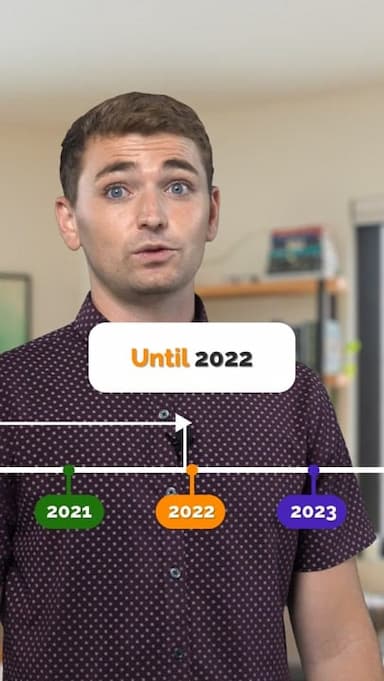When to Use "Will" Once in English
In English, using "will" twice in future-tense sentences is often unnecessary. This lesson focuses on when and why you only need "will" once in certain sentences. For example, if you’re making plans, you might say, “I’ll tell you when I arrive,” not “I will tell you when I will arrive.” Here’s why: in English, once you use "will" in the first part of a sentence, the listener already understands that the entire sentence refers to the future. Adding "will" again is redundant and sounds less natural.
Using “will” only once makes sentences flow better and aligns with how native speakers talk. This structure is especially common in everyday conversations and social plans. Avoiding the repeated “will” simplifies your sentences and lets you communicate more naturally. Remember, it's all about keeping sentences concise and clear. Watch the video to see how Jim and Dave discuss this tip and make their conversation sound more fluent!
Get the full app experience
Engaging video lessons and fun quizzes to help you ace your English.
Improve your English Level
Improve your pronunciation
Practice conversations
Sharpen your listening Skills
Fix common mistakes in English
Learn Grammar in a fun way
Expand your English Vocabulary
Coming soon to Google Play
© 2023 fluentjoy.com












